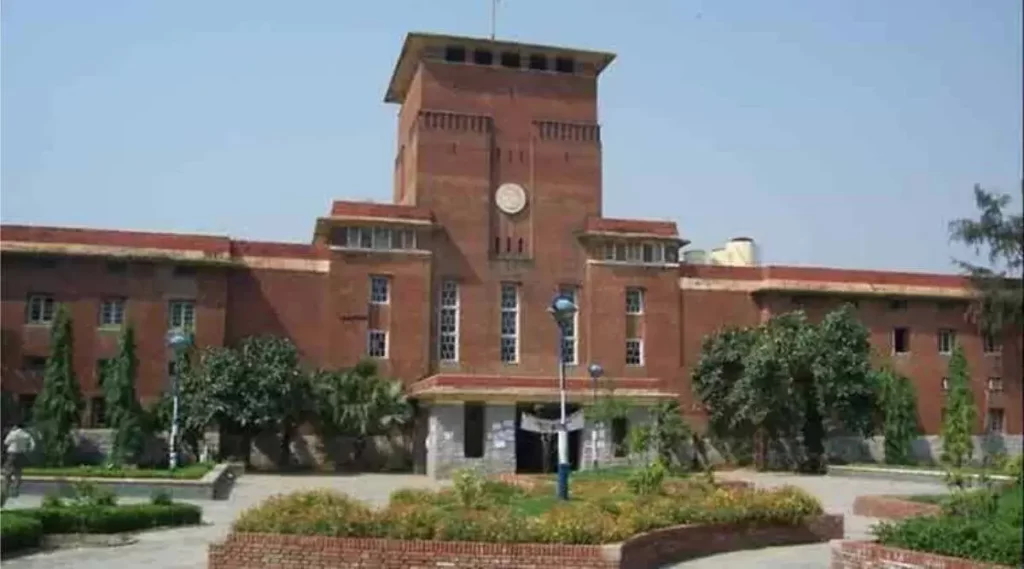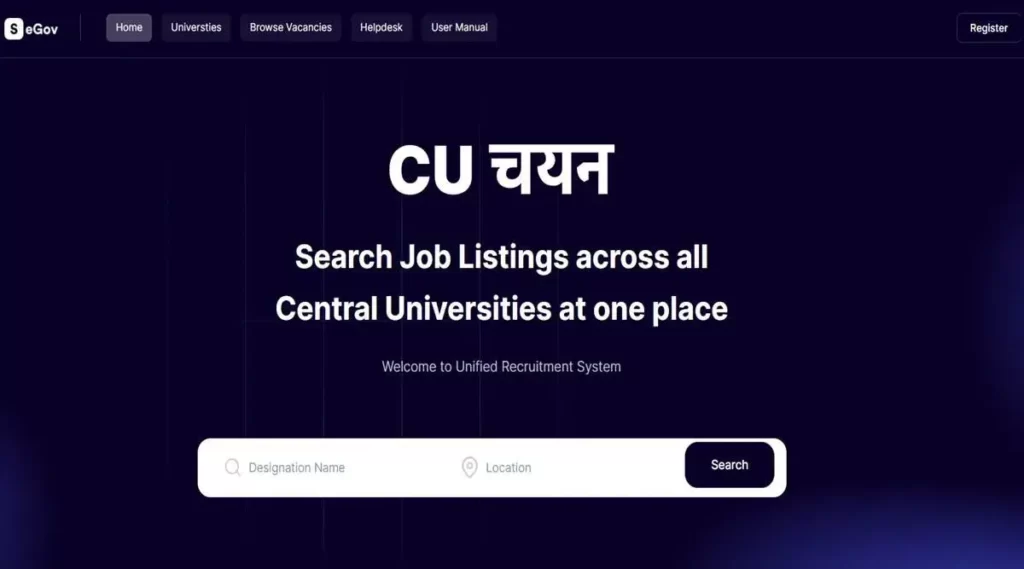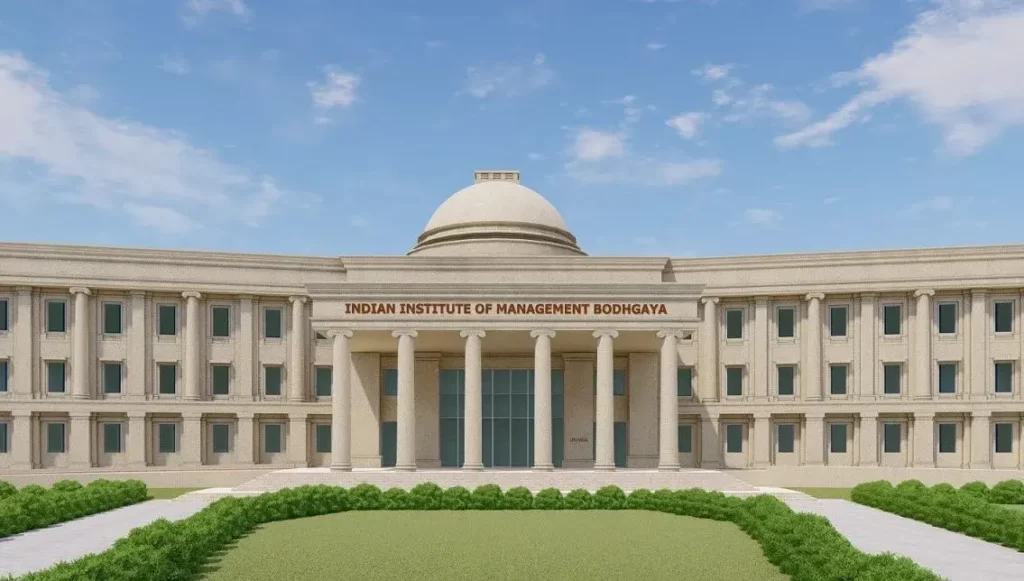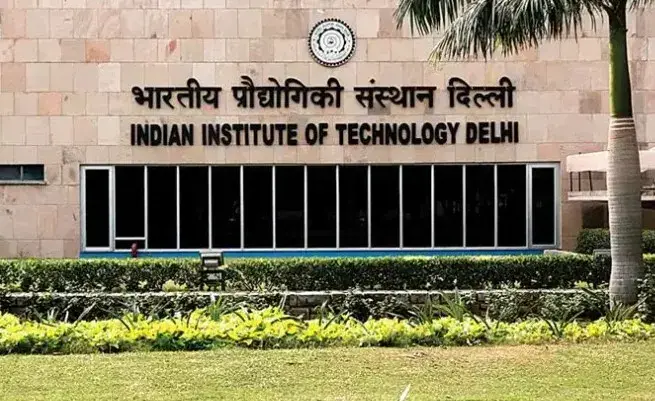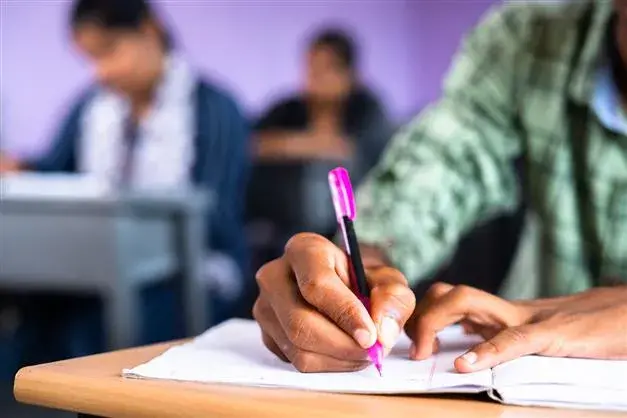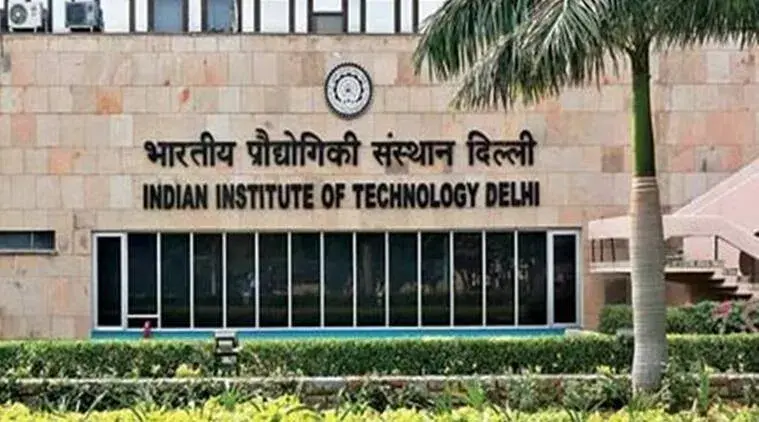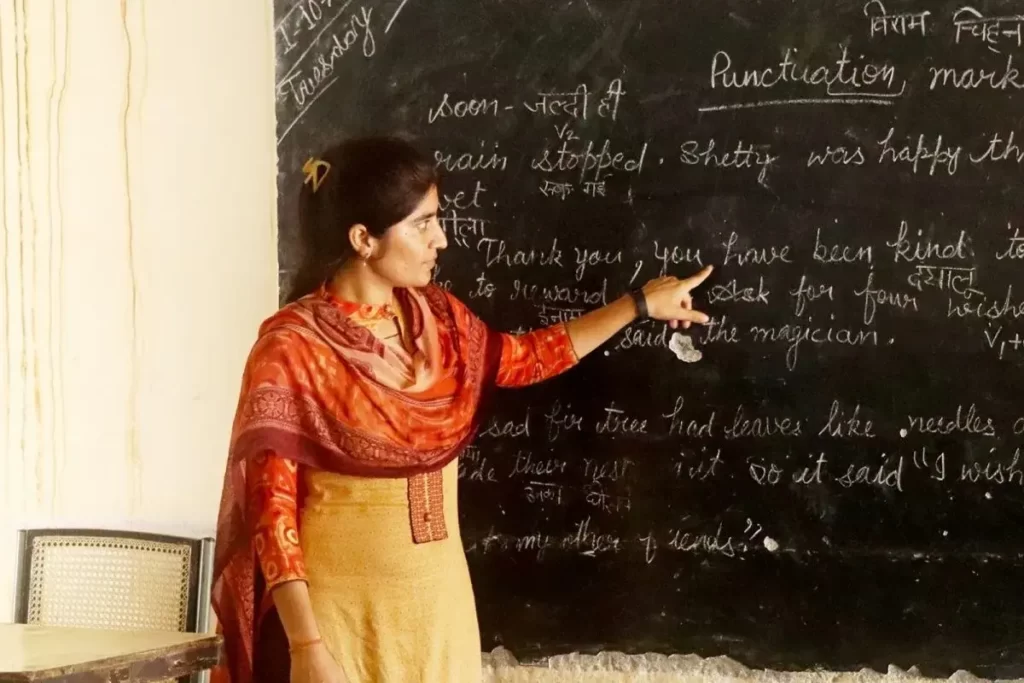Jagadesh Kumar, the chairman of the University Grant Commission, introduced the Central University Faculty recruiting portal known as CU-Chayan on Tuesday. He stated that the portal is totally user-friendly and meets the needs of all parties involved in the hiring process. UGC Chairman M. Jagadesh Kumar told ANI that the CU-Chayan platform is completely user-friendly and meets the needs of everyone involved in the hiring process. With universities controlling each stage of the recruiting process on their own, UGC has built this portal to foster an environment that is favourable to both universities and applicants. It is a centralized recruitment portal created with the intention of hiring faculty for Central Universities. “The portal provides a common platform for listing vacancies/advertisements/jobs across all Central Universities. The portal makes the recruitment process completely online starting from application to screening with alerts to all the users of the portal,” he added. The UGC Chairman further said that the portal has a personalized dashboard that can be used to manage the application process. The platform provides a number of features for the advantage of candidates, such as a consolidated list of job openings across all participating universities, a single login for applying to any of the universities, and customized dashboards to assist with application management. According to him, a job seeker can also look for positions using a variety of filters, including university name, location, designation, category, subject, and type of employment. Real-time application tracking, personalized admin dashboards, and programmable advertising rules are all features of the platform that are available to universities. It also provides a fully online application and screening procedure, packed with payment pathways, built-in email communication tools, and online feedback and reference choices for referees. The platform also offers in-depth research and insights into the application process in real-time. The University’s screening committee has access to applicant information, point and research scores from the system, and the ability to cross-reference uploaded documents with each entry. The portal itself can also be used to record the points and remarks of the screening committee, according to him. He added that the portal won’t have an impact on Central Universities’ recruitment autonomy. “This portal will not affect the autonomy of CUs in filling up faculty positions. Using this portal, Central Universities will continue to advertise the positions, collect online applications, shortlist the applicants, conduct the interviews and appoint the faculty members as they were doing earlier. All the above activities will be carried out through the Admin dashboard for each University on this portal,” he said. “UGC will be maintaining this portal for the benefit of all the CUs and is not a centralized recruitment process for all CUs. All CUs will continue to have their autonomy in the recruitment process and all the recruitments will be done by the respective CUs,” he added. He added that all of the Vice Chancellors of Central Universities were consulted in the development of the platform. The VCs of all CUs provided input into the creation of the CU-Chayan portal. Their suggestions and inputs have been taken into account. The portal can be modified with the addition of the adjustments to meet the unique requirements of any CU. Additionally, UGC will train CUs on how to use this portal. Candidates must now submit their applications exclusively through the CU-Chayan portal for all recruitments. He said that each CU needed to de-activate its recruitment portal. The current reservation system will not be impacted, he assured ANI when asked if it would have an effect on the recruitment process. Every university will continue to adhere to the Government of India’s reservation policy and compile its own rosters in accordance with DOPT rules. Source: ANI


